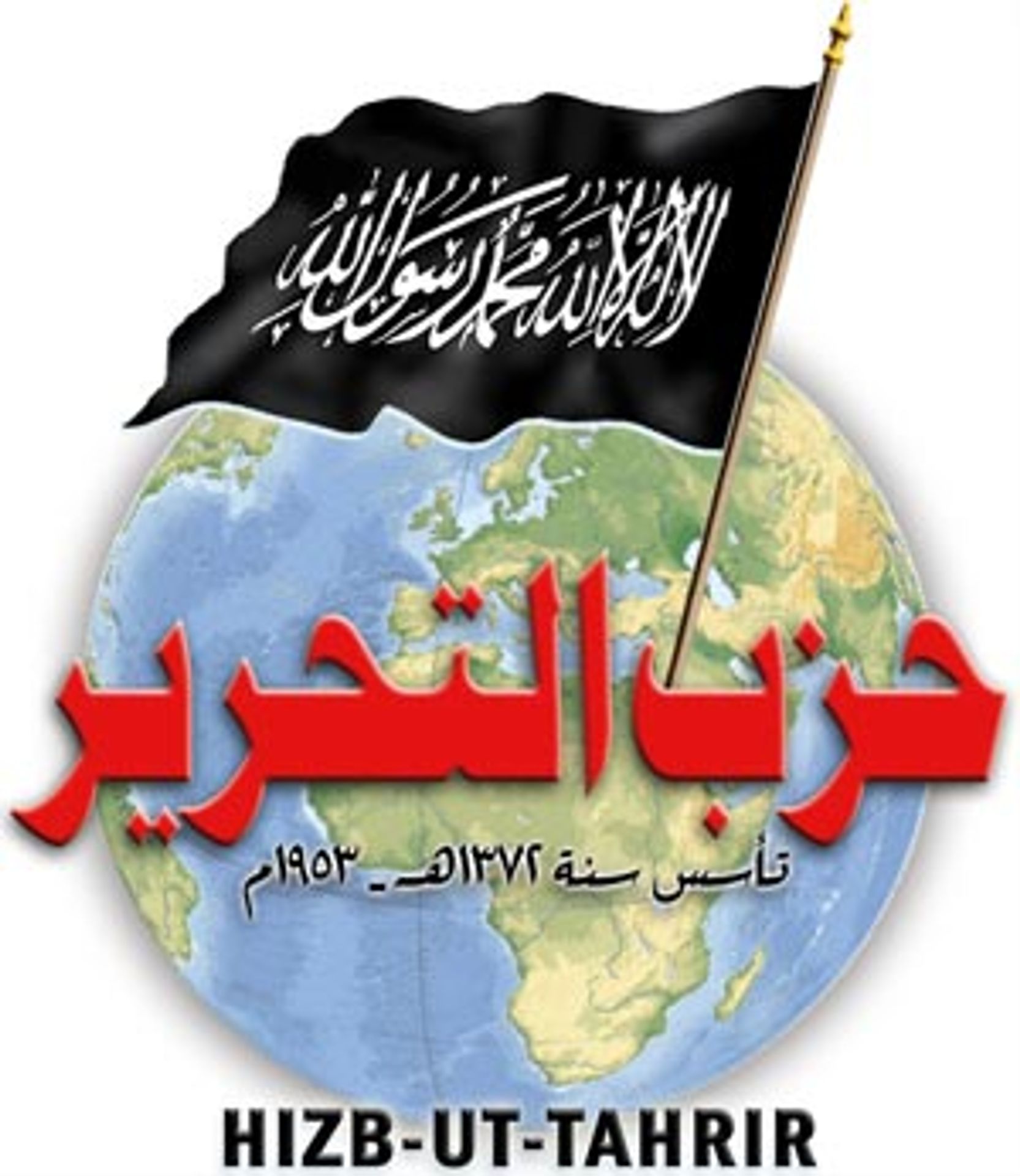
Hizb ut-Tahrir
What do people say about Hizb ut-Tahrir?
Hizb ut-Tahrir is perceived negatively in Denmark, with numerous calls from political leaders for its prohibition, citing its anti-democratic stance and advocacy for an Islamic caliphate. The organization has repeatedly been labeled as extremist, with concerns about its members infiltrating critical infrastructure positions. Despite attempts to ban it in the past being unsuccessful, the current political climate suggests a renewed push for legal action against the group. Critics argue that banning Hizb ut-Tahrir may infringe on free speech and association rights, raising complex debates about the limits of democracy and censorship.
Where are the conversations happening?
The analysis of various sources indicates a consistent portrayal of Hizb ut-Tahrir as a radical entity. Channels like 'P1 Debat' and 'Morgen' frequently highlight the political and social implications of its activities, often portraying the organization as a danger to community cohesion and democratic principles. Discussions in 'Radioavisen' showcase political leaders’ responses and the ongoing debate about legal ramifications, reflecting a societal divide over balancing free speech with the need for security against extremist ideologies.
What are the topics trending around Hizb ut-Tahrir?
The trending discussions around Hizb ut-Tahrir in Denmark focus on the balance between democratic freedoms and national security, especially in the context of calls for its prohibition by several political figures.
Why are these topics trending?
The heightened political discourse regarding Hizb ut-Tahrir's potential ban reflects broader societal concerns about extremism and the implications for free speech, leading to a contentious debate on how to reconcile personal liberties with the collective security of the democratic state.
How is Hizb ut-Tahrir being talked about?
Detailed breakdown of public sentiment and conversations about this political party.
Impact vs Sentiment
See how each entity's high impact percentage relates to their positive sentiment percentage from actual mentions.
